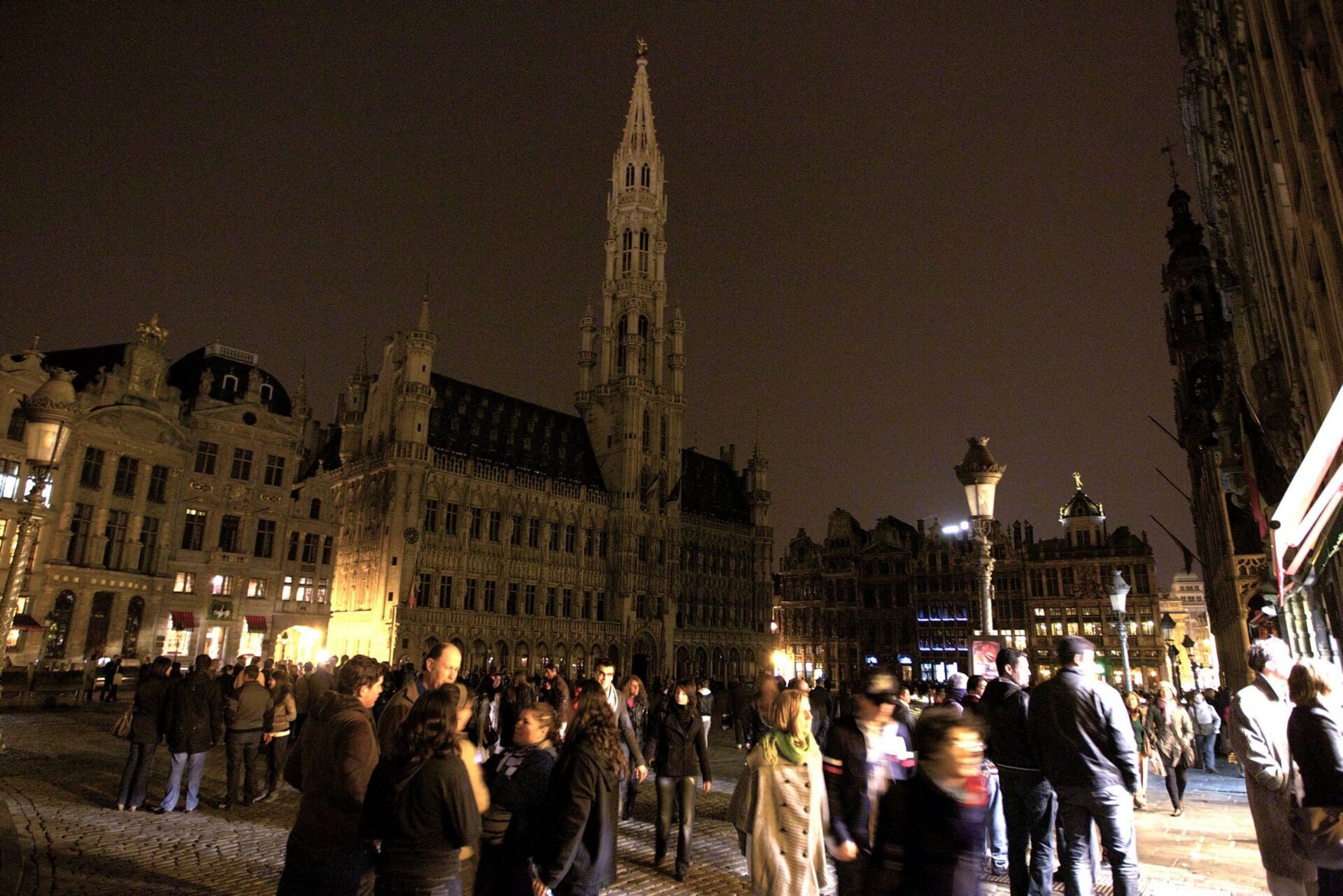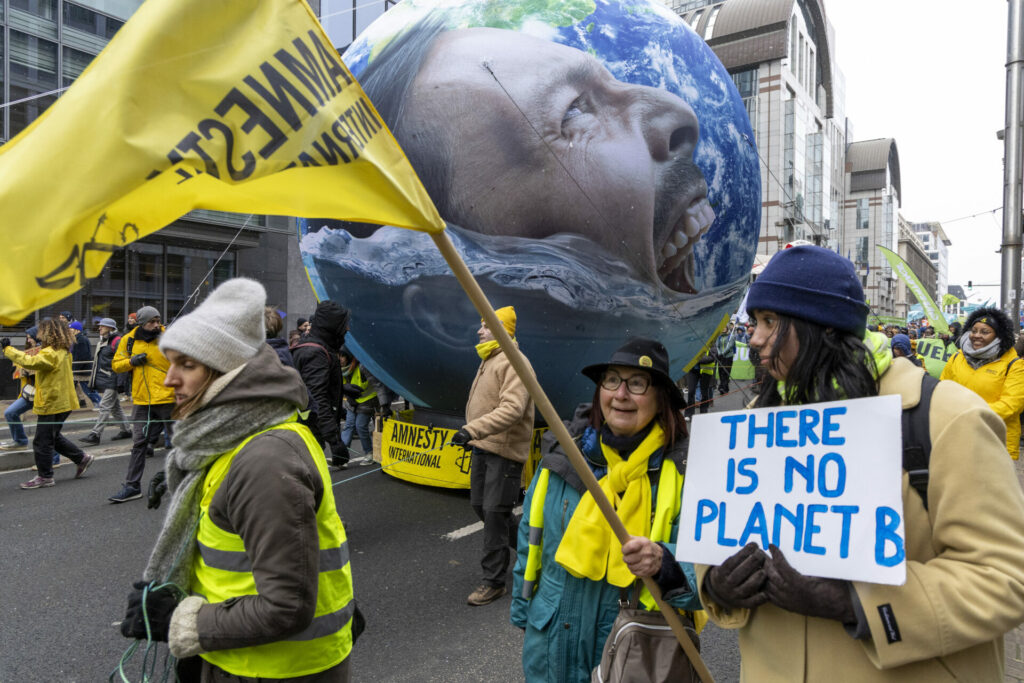Today marks Belgium's so-called 'Earth Overshoot Day', three days earlier than last year. This day signifies that if the whole world lived like Belgians, humanity would have consumed all the natural resources the planet can renew in a year by 23 March.
From Saturday 23 March, people in Belgium are living on "ecological credit", the World Wildlife Fund (WWF) reported. This is the day when theoretically the population has caught more fish, cut down more trees, cultivated and worked more land than nature can provide in a year. If the whole world had as big an ecological footprint as the Belgians, the resources that the Earth can provide in one year would already be depleted by now, three days earlier than in 2023.
The latest data showed that the ecological footprint of the average person in Belgium is 6.6 hectares, more than double the world average of 2.77 hectares per person. The space theoretically available to each person on Earth is 1.8 hectares.
"In other words, we would need more than four planets if all of humanity lived as we do in Belgium," Koen Stuyck of WWF Belgium stated. "We don't have those three extra planets." With this Overshoot Day date, Belgium finishes among the worst countries in the world and scores worse than neighbouring countries such as the Netherlands, France and Germany.

Brussels city hall on Grand Place with lights turned down. Credit: Belga / Nicolas Maeterlinck
On this same day, Earth Hour is being organised worldwide. At 20:30, millions of people will turn off their lights to draw attention to the global climate and biodiversity crisis. In Belgium, lights on key sites such as the Grand Place, Bourse and the Atomium will be symbolically turned off for one hour. Brussels public transport operator STIB will also dim the lights in 23 of the city's 69 stations.
Reaching our limits
The ecological footprint provides a concrete tool to measure human pressure on the planet. In Belgium, the carbon footprint accounted for 65% of its total ecological footprint in 2022. At the same time, it takes 5.5 times the biocapacity of Belgium – the ability to produce resources and absorb the waste resulting from consumption – to absorb the CO2 from burning fossil fuels. "Our system is reaching planetary limits," Stuyck stressed.
The organisation underscored that it is not all bad news, pointing to the hard-fought Nature Restoration Law (NRL), a plan to safeguard nature and its resources. The landmark text, an important part of the Green Deal, sets a target for the EU to restore at least 20% of its land and sea areas by 2030 and all ecosystems in need of restoration by 2050.
In a survey commissioned by WWF-Belgium, 82% of Belgians across the political spectrum said they were strongly in favour of more nature restoration and more than 84% think governments should step up their efforts to restore at least 30% of nature on land and at sea by 2030.
Related News
- New report warns about tipping points with irreversible impacts on people and planet
- 'Exceeding limits': Earth Overshoot Day falls on 2 August this year
However, policymakers do not seem to follow this reasoning. Belgian Prime Minister Alexander De Croo (Open VLD) has been suspected of lobbying to block the bill in the EU Council. "While the majority of people are in favour of the Nature Restoration Law, the Belgian politicians still want it to fail," WWF argued.
It was confirmed on Friday that Belgium has postponed the vote due to fears that it lacks the support to pass through.

